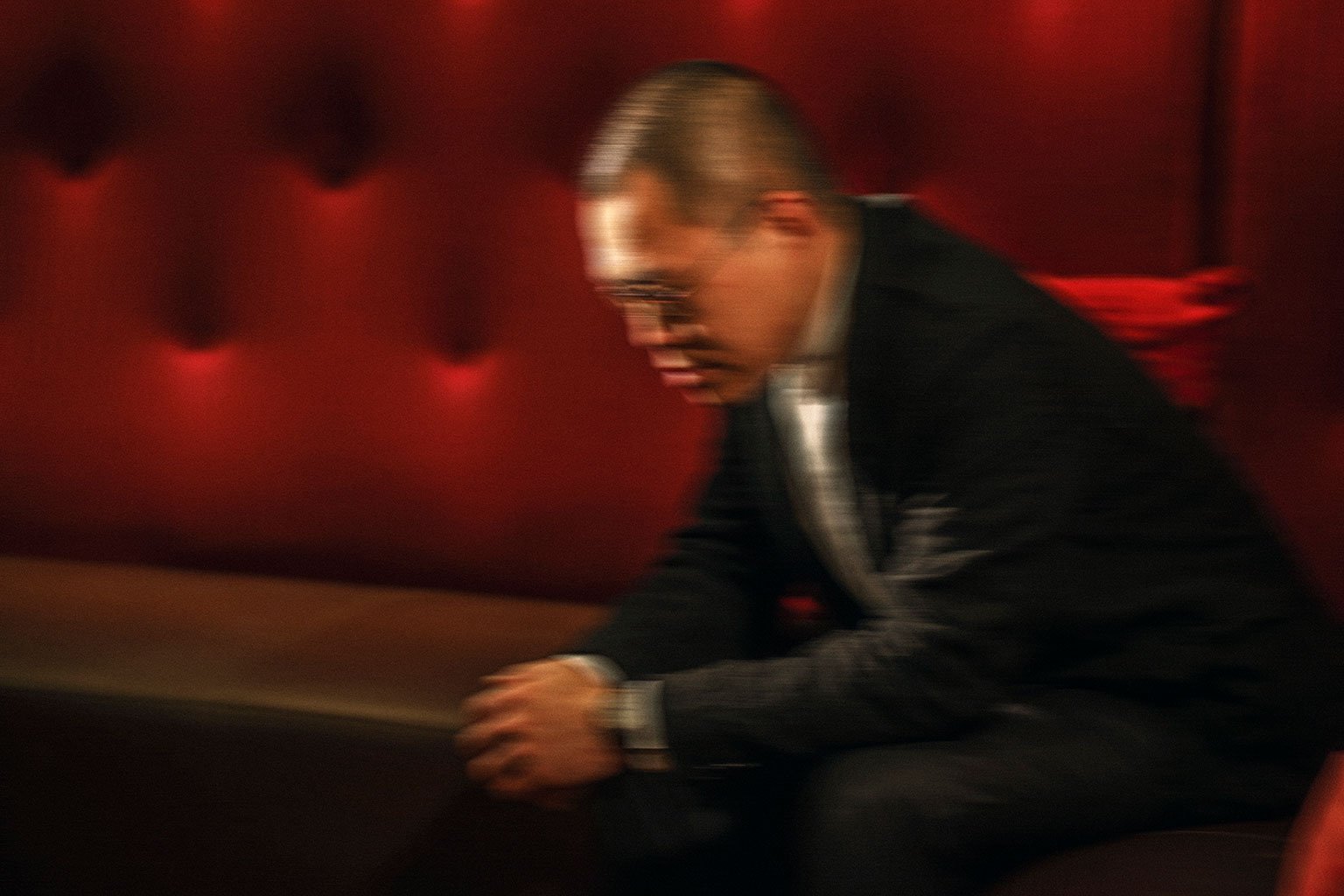After waiting over a year for approval to monetize its mobile version of global blockbuster PlayerUnknown’s Battlegrounds, tech giant Tencent threw up its hands. In a show of urgency, it took down the shooting game and replaced it with something clean, something politically correct, and most importantly, something that can be approved to make money: Game for Peace.
In this new sanitized version of PUBG, enemies don’t die when shot – they set their loot on the ground, offer a friendly wave and disappear. Bullets produce not of spatters of blood but flashes of light.
They changed PUBG Mobile in China to comply with stricter game violence laws. Now when you ‘kill’ someone they give you a loot box and wave goodbye and honestly it’s just so hilariously wholesome pic.twitter.com/Q5xkrtM0MA
— Svend Joscelyne (@SvendJoscelyne) May 8, 2019
Turning killings into nonviolent cordial departures isn’t the only revision to the game. The developers also added a conspicuous dose of patriotism to the design, beginning with the appearance of a Chinese Air Force recruitment ad at the launch of the game. Other touches include Chinese fighter jets flying by when parachuting into the arena, and Communist slogans that can be spotted in various locations.
Though the edits have drawn ridicule from many Chinese internet users, some view the changes as the developers’ way of subtly mocking China’s stringent new regulations.
In a top post on the discussion forum Fengwen Shequ, the author compares the developers of Game for Peace – Tencent’s Lightspeed and Quantum Studio Group – to clever poets:
“You could say that Lightspeed and Quantum Studio Group’s strong desire to survive turned a somewhat out-of-date game like PUBG into a brilliant display of satire, like the work of a great poet, trying every roundabout way to express things that aren’t allowed to be expressed.”
The post, which also garnered attention on Weibo, goes on to express the anonymous author’s concerns about the move, and how the recent shift in regulations could negatively affect Chinese developers and the exportability of Chinese games.
“When Game for Peace first came out, my coworkers and I laughed and made fun of it, slapping our thighs and talking about how genius Tencent is,” the author writes. “But after a while, it’s impossible to laugh. Everybody understands why.”
Regardless of the hubbub, Tencent’s move seems to have paid off. Game for Peace currently stands as the most downloaded free game and top grossing app on Apple’s China app store. So, will making sanitized, patriotic versions of ordinarily violent games be the only way developers can generate revenue from now on? What does this mean for the future of the gaming industry in China?
The next episode of our podcast Digitally China will discuss this question, so stay tuned.

















